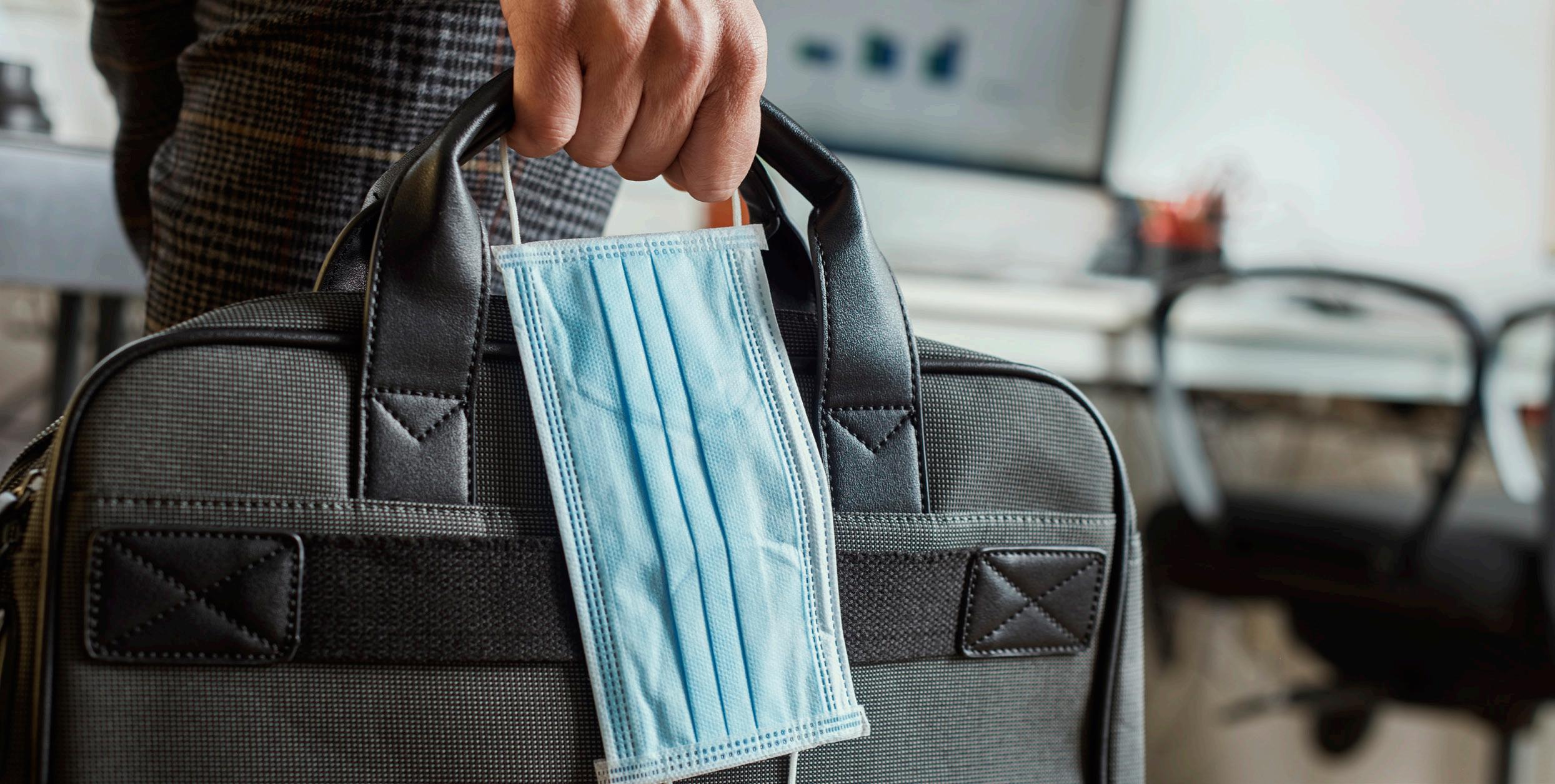
4 minute read
Research Update: How will COVID-19 affect the world of work?
Research is already under way on the impacts of COVID-19 on workplaces. This update looks at some of the findings, specifically in three areas: the implications of global unemployment, the effect on workers’ wellbeing and the impact on leadership.
Implications of global unemployment
Based on different scenarios for the impact of COVID-19 on global GDP growth, preliminary International Labour Organization estimates indicate a rise in global unemployment of between 5.3 million (‘low’ scenario) and 24.7 million (‘high’ scenario) from a base level of 188 million in 2019. The ‘mild’ scenario suggests an increase of 13 million (7.4 million in high-income countries). 1
Though these estimates remain highly uncertain, all figures indicate a substantial rise in global unemployment. By comparison, the global financial crisis of 2008–09 increased unemployment by 22 million. The services sector, tourism, travel and retail are especially vulnerable. An initial assessment by the World Travel and Tourism Council forecasts a decline in international arrivals of up to 25 per cent in 2020, which would place millions of jobs at risk worldwide.
Groups identified as particularly vulnerable to unemployment and the poverty associated with it include:
• those with underlying health conditions
• women who are over-represented in more affected sectors (such as services) or who are in occupations at the frontline of dealing with the pandemic (eg, nurses)
• self-employed, casual and gig workers
• young people
• older workers
• migrant workers.
While economists and academics may make convincing arguments that there is a certain natural level of unemployment that cannot be erased, elevated unemployment is likely to impose high costs (not just financial) on the individual, society and the country. Some of these costs may include challenges to physical and mental health, higher crime, a reduced rate of volunteerism, and a reduction in GDP.
Effect on workers’ wellbeing
Psychologist Samantha Brooks, PhD, at Kings College London, and colleagues, recently published a rapid review of the research on the psychological impact of quarantine, mainly in adults (The Lancet, published online, March 2020 2 ). They found negative psychological effects, including post-traumatic stress symptoms, confusion and anger. To minimise the psychological fallout, the authors recommend that officials should take steps to keep quarantines as short as possible, provide clear rationale and information about quarantine protocols, and make sure people in isolation have access to sufficient supplies.

The New Zealand Institute of Directors has a similar standpoint when it comes to mental wellbeing. In a recent article, the Institute states that COVID-19 complicates directors’ responsibility for health and safety by introducing new workrelated stresses to staff, management, and directors themselves.
A survey by Kantar at the end of March found that apprehension about the mental health of family and friends was high for 43 per cent of New Zealanders, and a more widespread concern than falling ill themselves (34 per cent).
“Directors have responsibilities for mental wellbeing in their organisations under the Health and Safety at Work Act 2015. Still, the extent of those responsibilities has yet to be clarified in the courts,” says health and safety expert and consultant with Comply Health and Safety, Allister Rose.
“It is not something that is thoroughly understood in New Zealand, in part because WorkSafe has not undertaken any prosecutions. This means it can be difficult for directors to be sure where their responsibilities begin and end,” Allister says. “The law does cover mental health as well, and it’s important that directors understand this.”
Impact on leadership
Accenture, like many consulting companies, recognises that the greatest immediate impact of the COVID-19 outbreak is on people. It identifies that organisations are focused on caring for their workforces while rapidly managing the shift to new patterns of working. Leading with compassion and caring for our workforces and communities seems more essential than ever. Accenture’s workforce research highlights that workers need leaders they can trust. The workforce will trust the leader if it believes leadership cares for each individual, the community and humanity as a whole.
Beyond caring, leaders must show they have a plan and can look ahead proactively rather than reacting. The ability for leaders to address people’s physical, mental and relationship needs is the foundation of trust. While all of these needs have equal importance, their order makes the biggest difference.
These worker ‘needs’ apply at all times, but they are magnified in times of crisis.
Research by Mercer, in its 2020 Global Talent Trends Study, reports that 77 per cent of executives see contingent working playing a far greater role in the future. From the response to COVID-19, it is clear that workers expect their employers to look after their health and hold them accountable for making decisions in their interest. With this more expansive view of an organisation’s purpose – one that delivers positive outcomes for society, customers, employees and shareholders – firms have a renewed mandate to invest both in people’s wellbeing and their future market value.
Sixty-one per cent of employees trust their employer to look after their health, and 55 per cent trust their organisation to teach them the new skills they will require should their job change or disappear. Mercer’s research shows that organisations will win if they place empathy at the heart of their decisions. The study includes insights from more than 7,300 senior business executives, HR leaders and employees from nine key industries and 16 locations.
While no certainty exists around the specifics of what the world of work will look like as a result of the COVID-19 virus, this research highlights there will be shifts in how we work, how we use technology and how we look after ourselves and others.











